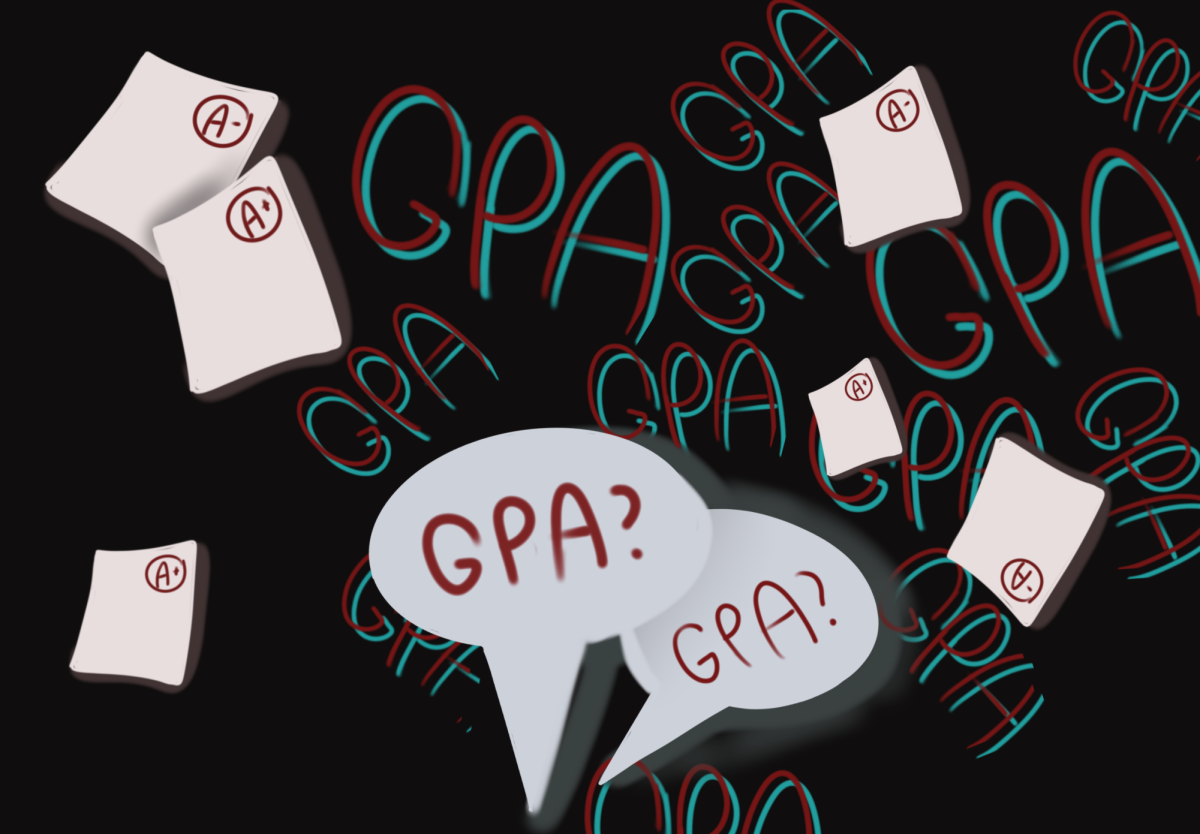Graduation is a ceremony of voices and a celebration of the departing class’s contributions to Loomis Chaffee. It marks the moment when a class, woven together through the consistent trials of the Island, is highlighted for their athletic, social, and academic achievements. Throughout the ceremony, though, only one student of the graduating class—chosen through popular vote—addresses his or her peers as class speaker. However, the most academically distinguished student, referred to as the First Scholar, is not given an opportunity to speak. Why is this the case?
First Scholars are undeniably widely recognized. Their name is called, their title is read, and they get a special adornment of colored rope added to their outfit. But the fact remains that they do not get the chance to address their peers. In many schools, both public and private, their versions of First Scholars (or valedictorians) share their voice of academic excellence and achievement at graduation. At Loomis, however, the mic is dedicated elsewhere.
This tradition, or lack thereof, reflects a larger value often seen at Loomis: collaboration over competition. The strive to become the First Scholar could be seen as unhealthy competition, which is likely why the speaker is chosen through a group effort. Any senior can step up, share their story, and represent their grade. It’s democratic. It’s collaborative. It’s fair. But is it enough?
Being named First Scholar isn’t just about grades. At an academically rigorous institution like Loomis Chaffee, it represents a relentless effort that only the most dedicated students can attain. It requires help from peers and friends, extra meetings with attentive teachers, and countless hours of hard work and collaboration in each of their classes—making it a story worth listening to.
But of course, it isn’t that simple. “I think… a speech from the valedictorian could encourage others,” said Nagima Williams ’25, “but… it could also make [others] feel as though they worked the same amount… and didn’t get it, which could be a bad thing.”
Indeed, GPA isn’t always an accurate representation of effort. Not everyone has the same starting line, and numbers don’t represent someone’s full story. But does this all warrant complete silence?
If, as a community, we want to celebrate a wide range of excellence, why not create a space for more than one voice? The First Scholar does not need to be the only one of two allowed to speak. But they at least deserve a voice, possibly in the form of a reflection, not necessarily a lecture or long-winded address. Their speech should, at the very least, be enough to honor the journey behind the academic label they have rightfully earned.
Such a process would not undermine the equity Loomis works hard to protect among students. On the contrary, it would reinforce it. Honoring academic excellence does not erase the success of others; instead, it motivates others.A short speech from the First Scholar is not about ego—it’s about setting an example. It says: this is what resilience and hard work can look like. This is what discipline, curiosity, and most importantly, persistence can build. At graduation, Loomis should find a way to honor this achievement in its full form—not with a simple acknowledgement, but with a voice that is much-deserved, not because First Scholars are better, not because the title generates ruthless competition, and not because they need the chance to prove their academic worth. Rather, it’s because they earned it—and because celebrating excellence won’t divide a class, but rather strengthen it by allowing the chance for more to share their story.






